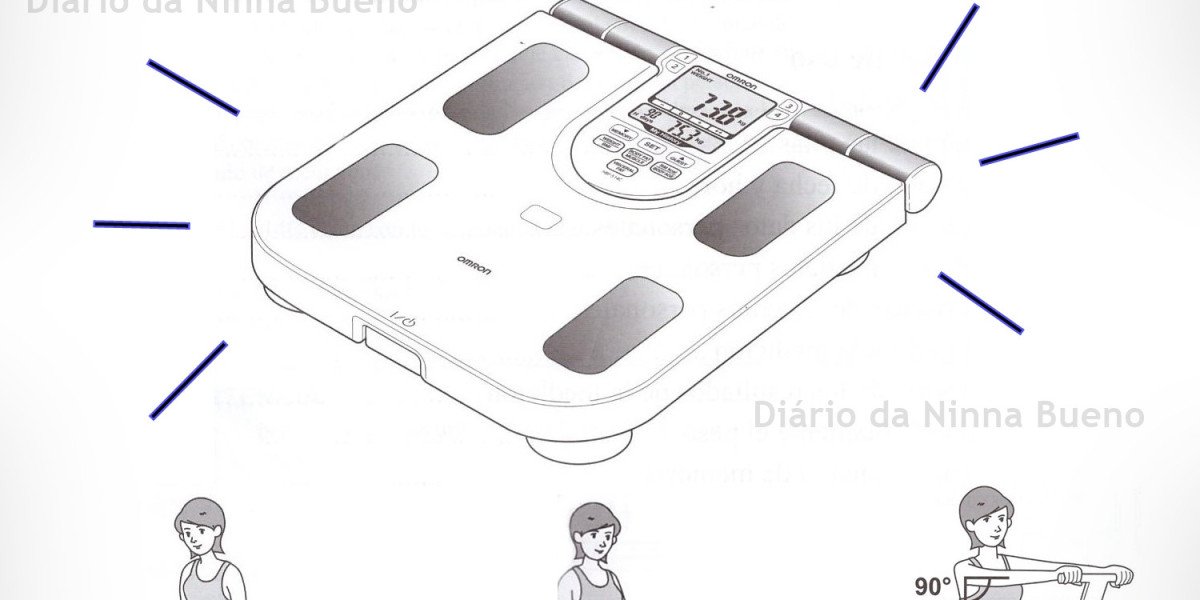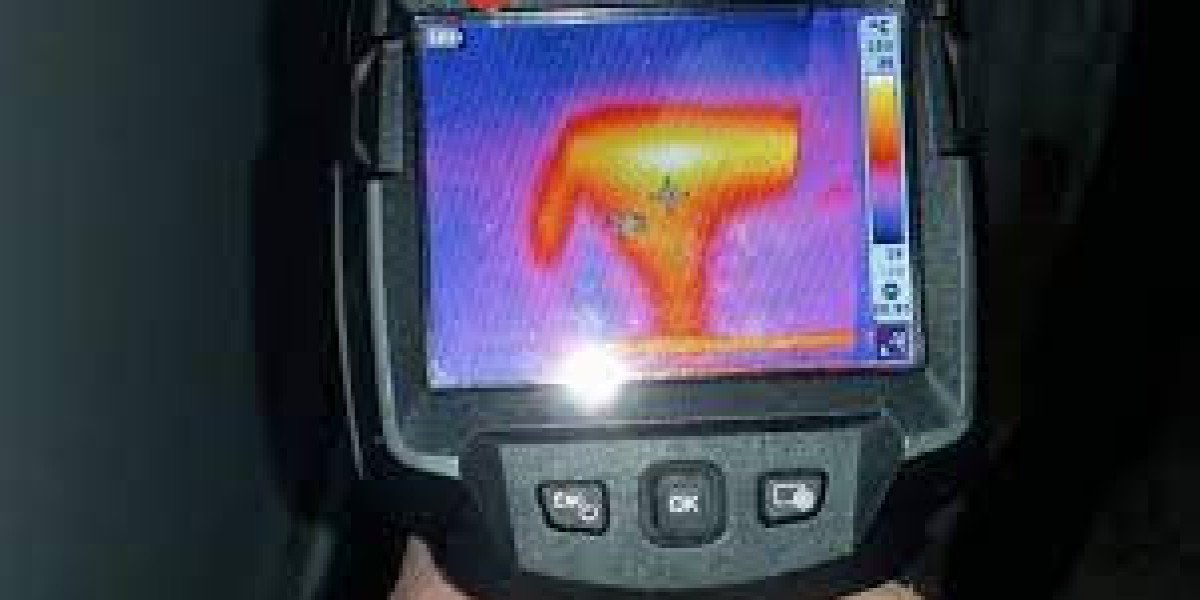When we care for how we look bodily, we really feel better emotionally. More than 50% of Americans don’t use all of their trip days. Our bodies retailer emotional rigidity in ways that we don’t even understand, and bodywork permits us to release that rigidity. However, more and more more studies are popping out on the significance of getting enough high quality sleep[1] and, more importantly, the results when you don’t.
Self in Eastern spirituality and philosophy
Historical thought, Analise corporal traços De carater then, for Mead, is instrumental within the evolution of human society. It is through the fixed reconstruction of expertise that human intelligence and human society are expanded. Mead’s evolutionary conception of human history is clearly a progressive notion which he seeks to document throughout his writings. There is implicit in human historical past a tendency towards a bigger and larger sense of neighborhood. The ultimate formulation of this historic tendency is discovered within the best of the universal neighborhood. This best isn't purely abstract (that is, extra-historical), but is rooted in precise historic forces such as the common religions, modern financial forces, analise corporal traçOs de carater and the human communicational course of.
The self emerges as animals model themselves across time and in relationships.
Scientific objects are hypothetical objects that are actual in so far as they render the experiential world intelligible and controllable. The artificial image isn't be substituted for the world" (Lee fifty six, emphasis added). Scientific data isn't final, but hypothetical; and the truth of scientific objects is, subsequently, hypothetical rather than absolute. The second perspective towards perceptual objects is that of "reflective evaluation," which attempts to set forth the preconditions of perceptual experience.
2 Thesis 2: Representational Base of Consciousness of Oneself and One’s States
Someone with a excessive EQ can successfully respond to emotions with empathy and compassion. This type occurs when people turn out to be aware of some elements of themselves, however only in a non-public method. For instance, seeing your face in the mirror is a sort of personal self-awareness. You may experience public self-awareness within the office, such as whenever you're giving an necessary presentation or when telling a narrative to a gaggle of associates. Because you're the focus of consideration, you turn out to be extra conscious about how others may understand you. However, one research found that a affected person retained self-awareness even with extensive damage to areas of the brain together with the insula and the anterior cingulate cortex. About 25% of the infants between 15 and 18 months reached for their own noses whereas about 70% of these between 21 and 24 months did so.
2 Metaphysical Deduction
Furthermore, there isn't a principled cause why the truth that we normally don't experience them as belonging to someone else ought to transform them from objects of experience (content) into a subject of expertise. Their special standing could trigger these experiences to be perceived as more central elements of the self than experiences in different modalities, however there isn't a cause to think that it should change them from something that we experience into the self as an experiencer. Second, even the particular status of these sensations could be known as into question. It is possible to think about a scenario in which one experiences these kinds of sensations from an organ or a physique which does not belong to her or him.
How many persona traits there are is decided by who you ask and how you define a "persona trait." Many numbers have been suggested over time, ranging from as few as three to as many as 4,000. Today, the most popular theory suggests there are 5 broad dimensions of persona. Many of the terms we might use to describe a person's persona would fall beneath certainly one of these five core dimensions. Regardless of where personality comes from, it might be helpful for our understanding of ourselves to know where we fall and what traits we now have. Although the Big Five theory of personality is the most well-liked, you might additionally be interested in the social-cognitive principle of personality.
In this text, we have delved into setting impactful personal improvement objectives for work, underscoring their pivotal function in career advancement. What sets personal improvement objectives apart from different varieties, corresponding to efficiency or consequence objectives, is their give attention to the journey of self-improvement rather than the destination. These goals are inherently versatile, allowing for changes that reflect your evolving wants and interests. Personal growth objectives for work can help people obtain their full potential by efficiently using their strengths and dealing collaboratively with others. Personal development within the office is an ongoing course of that involves setting goals, looking for growth opportunities, and actively working to enhance oneself.







